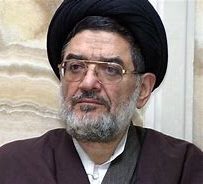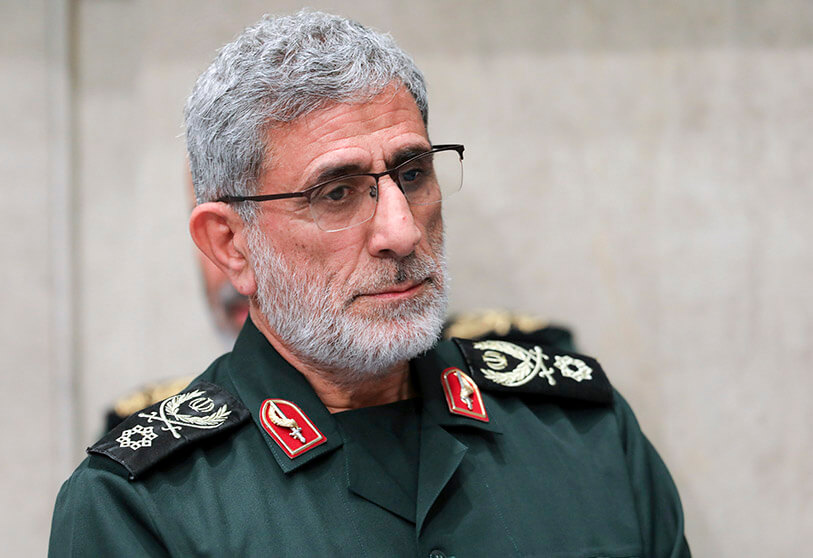June 25, 2021

Ali-Akbar Mohtashemipur, one of the Iranian officials who played a major role in the formation of Lebanon’s Hezbollah in 1980s, has died of Covid-19 in Tehran, local media reported June 7.
The 75-year-old cleric rode the political waves from a far-right revolutionary to a passionate reformer from a killer of Americans to an expatriate who disgusted the regime.
He was Iran’s ambassador to Syria from 1982-86 and is believed to have been one of five Iranians behind the creation of the Lebanese Hezbollah. He returned home to become interior minister under Prime Minister Mir-Hossain Musavi.
Mohtashemipur was known as a staunch anti-American who opposed Western influence in Muslim countries. In 1990, he defended Saddam Hussein’s invasion of Kuwait on religious grounds, calling it a war against infidels. But he then shifted his political allegiance radically. It is not clear why he became part of the Reform camp in late 1990s and established a Reformist newspaper, Bayan, that was closed down by hardliner courts during President Khatami’s presidency.
The ardent revolutionary supported the cause of Mir-Hossain Musavi and Mehdi Karroubi in the protests after they failed in the 2009 presidential elections. He went into self-exile in Iraq in 2010, where he lived in Najaf until he contracted the coronavirus and was brought to Tehran for medical care, where he died.
Mohtashemipur was the target of a presumed Israeli assassination attempt while he was ambassador in Damascus in 1984. He received a booby-trapped book package that exploded and blew off his right hand.
He met Ayatollah Ruhollah Khomeini while Khomeini was in exile in Najaf in the 1960s and 1970s and joined his political movement. He was one of the architects of the alliance between Khomeini’s anti-Shah movement and the Palestine Liberation Organization, which helped train many of Khomeini’s supporters.
Mohtashemipour is thought to have played an active role, with the Pasdaran and Syrian military intelligence, in the supervision of Hezbollah’s bomb attacks against the American embassy in Beirut in April 1983, the American and French military contingents in Beirut in October 1983 and the US embassy annex in September 1984.























